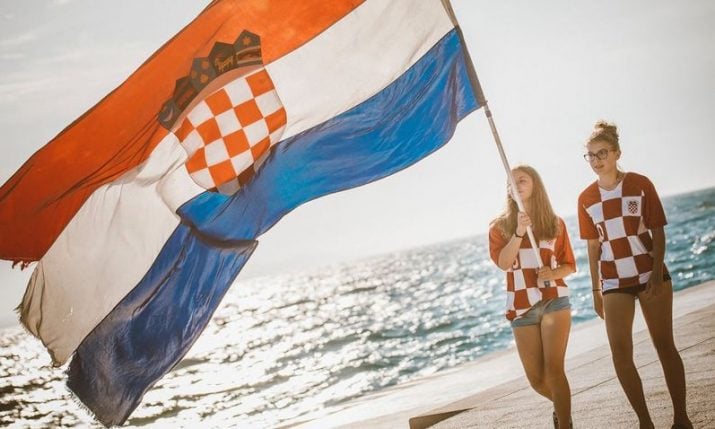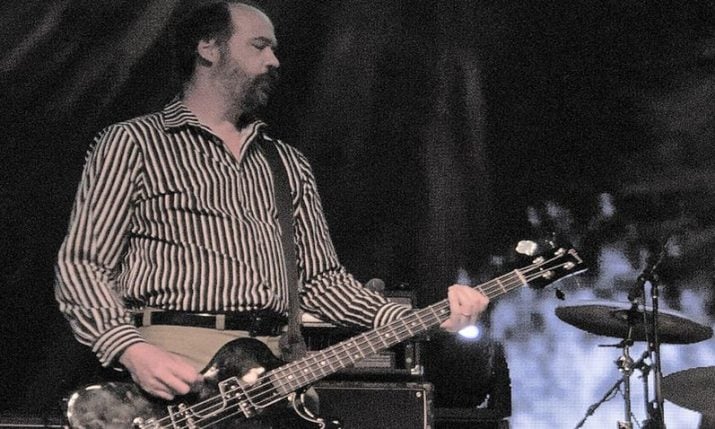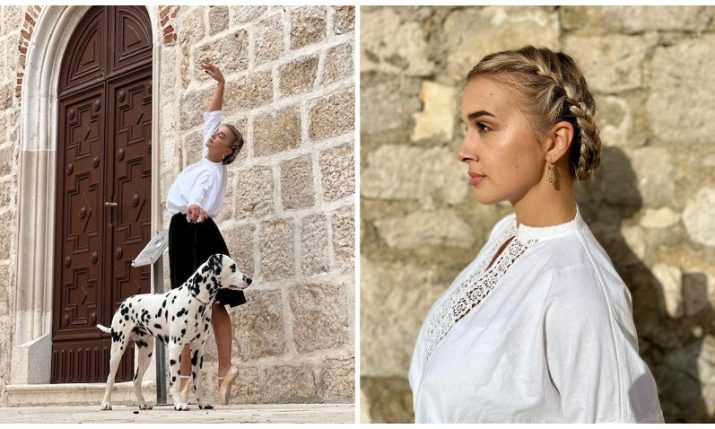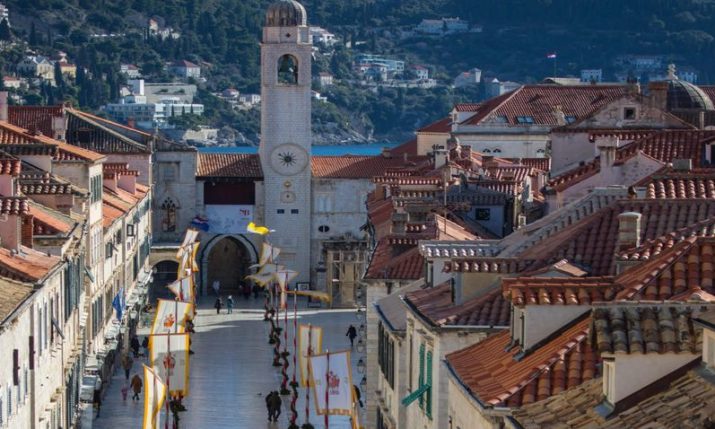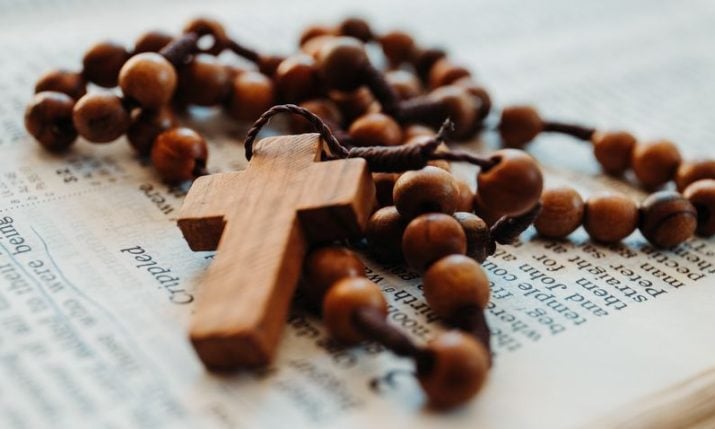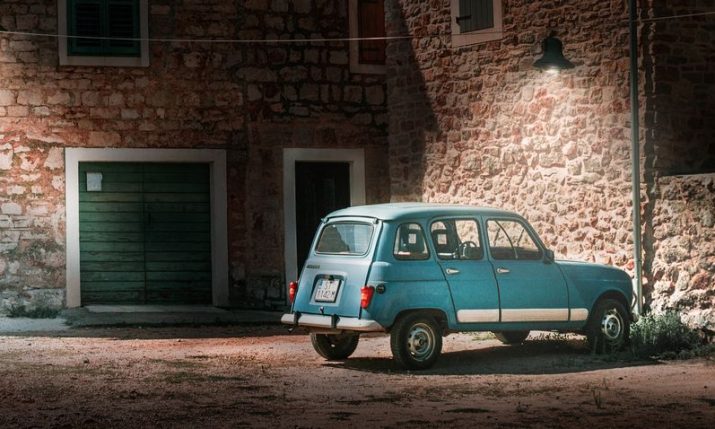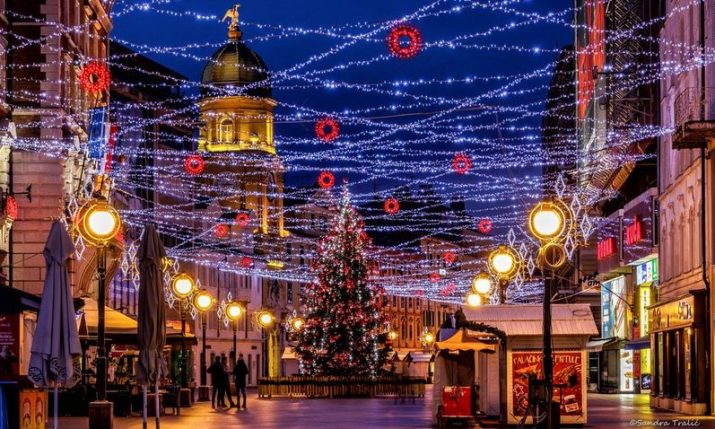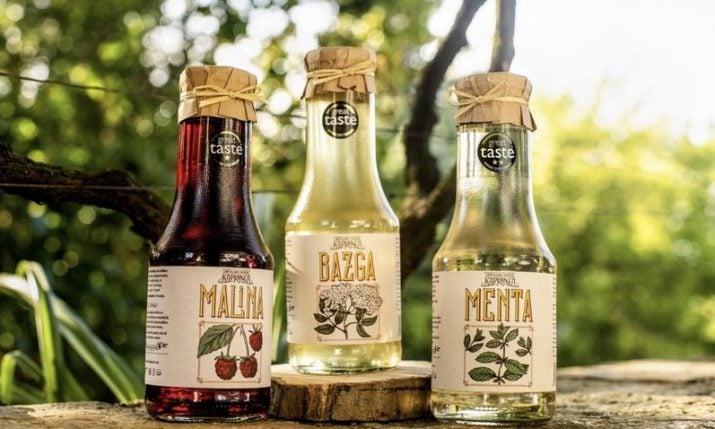What baby names are Croatians choosing now? A move from tradition
- by croatiaweek
- in News
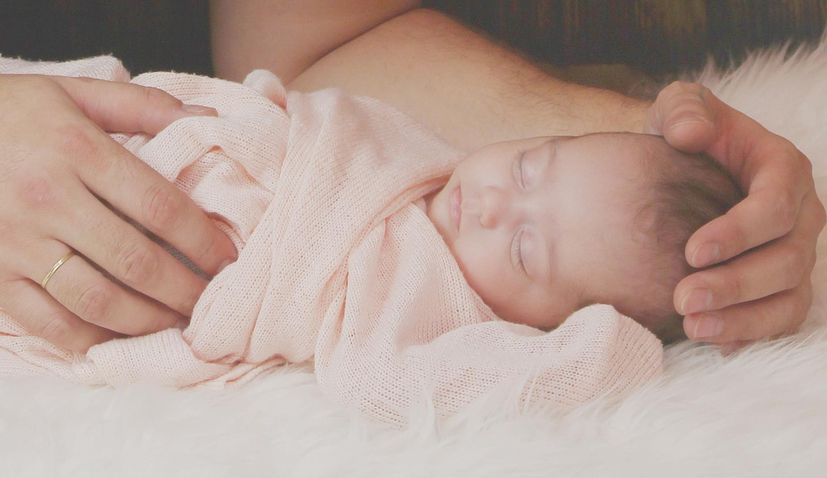
Slowly but surely, Croatians are moving away from traditional names and turning to names that are ‘more modern’ for their children. Also, the trend of choosing shorter names is stagnating, although they are still popular in Croatia.
Last week, the Croatian Ministry of Justice and Administration revealed the most common names given to newborn boys and girls in Croatia in 2020.
Among the 15 most common girls names were; Mia, Lucija, Sara, Ema, Nika, Marta, Rita, Mila, Petra, Ana, Dora, Eva, Elena, Iva and Lana.
Among the 15 most common boys names were; Luka, David, Jakov, Ivan, Petar, Roko, Matej, Noa, Filip, Mateo, Mihael, Fran, Karlo, Leon and Marko.
Luka was again the most popular boys name last year with 870 baby boys given the name in Croatia, whilst 531 girls were named Mia in 2020.
Croatians moving away from “traditional” names
Sociologist Ivan Balabanić pointed out for daily Večernji list that new generations of parents are increasingly moving away from traditional names such as the once popular names from the era of Yugoslavia like Milan, Dražen, Mladen, Zdravko, as well as from the names of Croatian princes like Krešimir, Trpimir, Branimir and Domagoj.
“Today, parents give their children names that are more pleasing to the ear and in accordance with their own taste, because new generations have moved away from the traditional obligation to give names of other family members to children, which is why the same names always circulated in families. Today’s names are also a reflection of greater freedoms, individualism and personalism because parents are no longer so attached to tradition and extended families,” said Balabanić.
Domagoj Vidović, an expert on names from the Institute of Croatian Language and Linguistics, points out that the data on the frequency of personal names of children born in 2020 is a reflection of the trend of markedly increasing share of foreign names that began in the 1990s.
“Old Testament names are becoming more and more popular. Recently, the name Rita has become quite widespread among Christian female names, especially among Dalmatians, and Roko among male names. I was a little surprised by the fact that the name Maro is being used more and more often all over Croatia, once unique to the Dubrovnik area. Once common foreign male names Alen, Denis and Elvis have today almost completely been superseded by the names Jan and Lukas, especially in the northern parts of Croatia as well as the names Noel and Liam,” said Vidović, adding that the trend of shorter names was also stagnating.
“The fashion of short names is slowly stagnating, although there are still a lot like Emma, Eva, Ena, Lea, and Tea. Today, Maša is an “urban” name, and it used to be the most widespread in the Dalmatian hinterland and Herzegovina. Maša comes from the name Matija, from which the “modern” name Tia comes,” Vidović says.
Vidović said that the mane name Mila, which had its peak of popularity in the late Middle Ages, returned to fashion and is the eighth most frequent female name.

